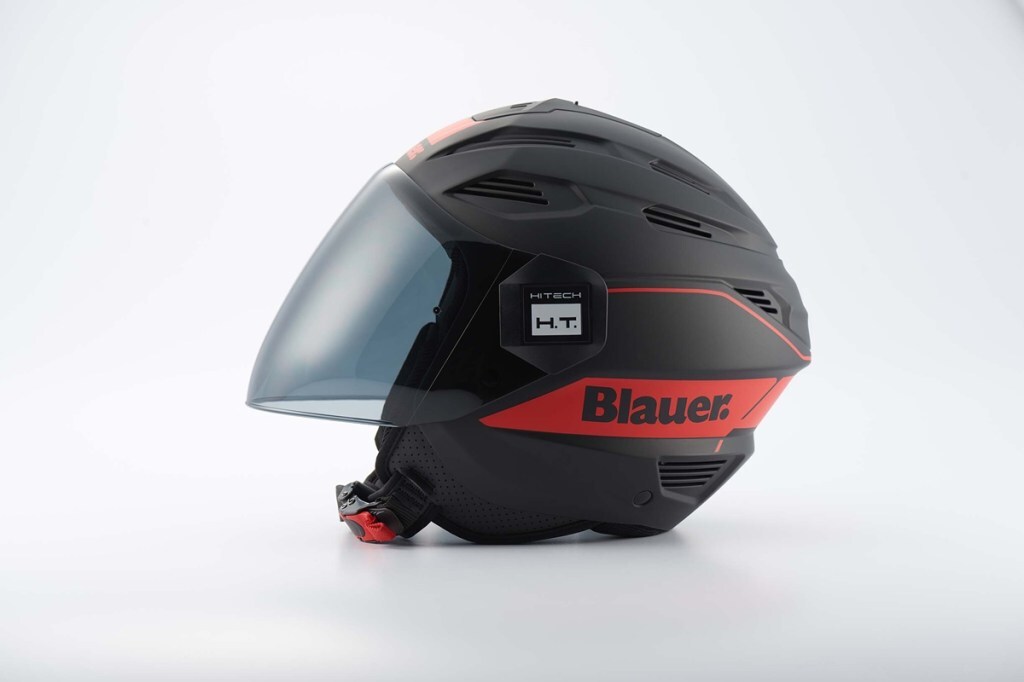While a lot of automobile manufacturers have announced shutting down of their plants lately in lieu of the still ongoing coronavirus pandemic, a lot of related industries are affected just as much. Manufacturers of components, helmets and other automobile-related ancillaries have their business in the doldrums. We spoke with Rajeev Kapur, MD, Steelbird Helmets to find out about what is the industry manufacturing helmets and protective gear up to during this time of crisis.
Steelbird head honcho tells us that currently the company’s helmet sales have been slashed down by 90 percent since there aren’t many direct sales since over 20,000 of its retail stores are shut, the OEMs that Steelbird has a tie-up with like Royal Enfield have all suspended operations to stop the spread of the virus and online sales are currently only restricted to essentials. However, the company is utilising this downtime from regular business to manufacture face shields.
The good news that comes out these desperate times is that FIA (Federation Internationale de l’Automobile) has collaborated with Steelbird for a new project under which, FIA will supply helmets to countries where they have not been made mandatory yet. The organisation plans to provide Steelbird helmets free of cost to two-wheeler users in African countries while also spreading awareness on two-wheeler safety and proper use of protective gear.
The other big news is that the ban on helmets that are not ISI-certified is finally about to come into effect starting 1st June 2021. This means that cheap and non-standardised helmets sold on the roadsides will no longer be available and the government would make the sale and stocking of these non-ISI helmets a criminal offence.
This takes us one step closer to making two-wheeler usage safer in India as the cheap roadside helmets that offer little or no protection in case of a crash will no longer be available.
Also read: Do helmets cause hair loss? Final verdict from a doctor explained
Over time, Steelbird has increased its production capacity from 20,000 helmets per day to 40,000 a day at its plants at Baddi and Noida, however, it is operating on half of its workforce which was 3,500 but has been reduced to 1,700 due to the pandemic. The company recently launched a new helmet which it claims is the first in the world to be specifically designed for women and has several models that are currently in the pipeline readying for launch. Overall, Steelbird plans to launch four new helmet models each year.
